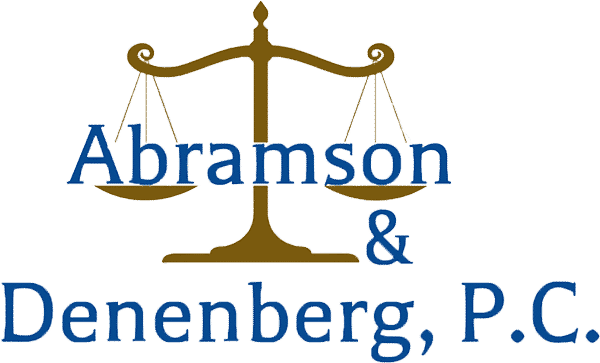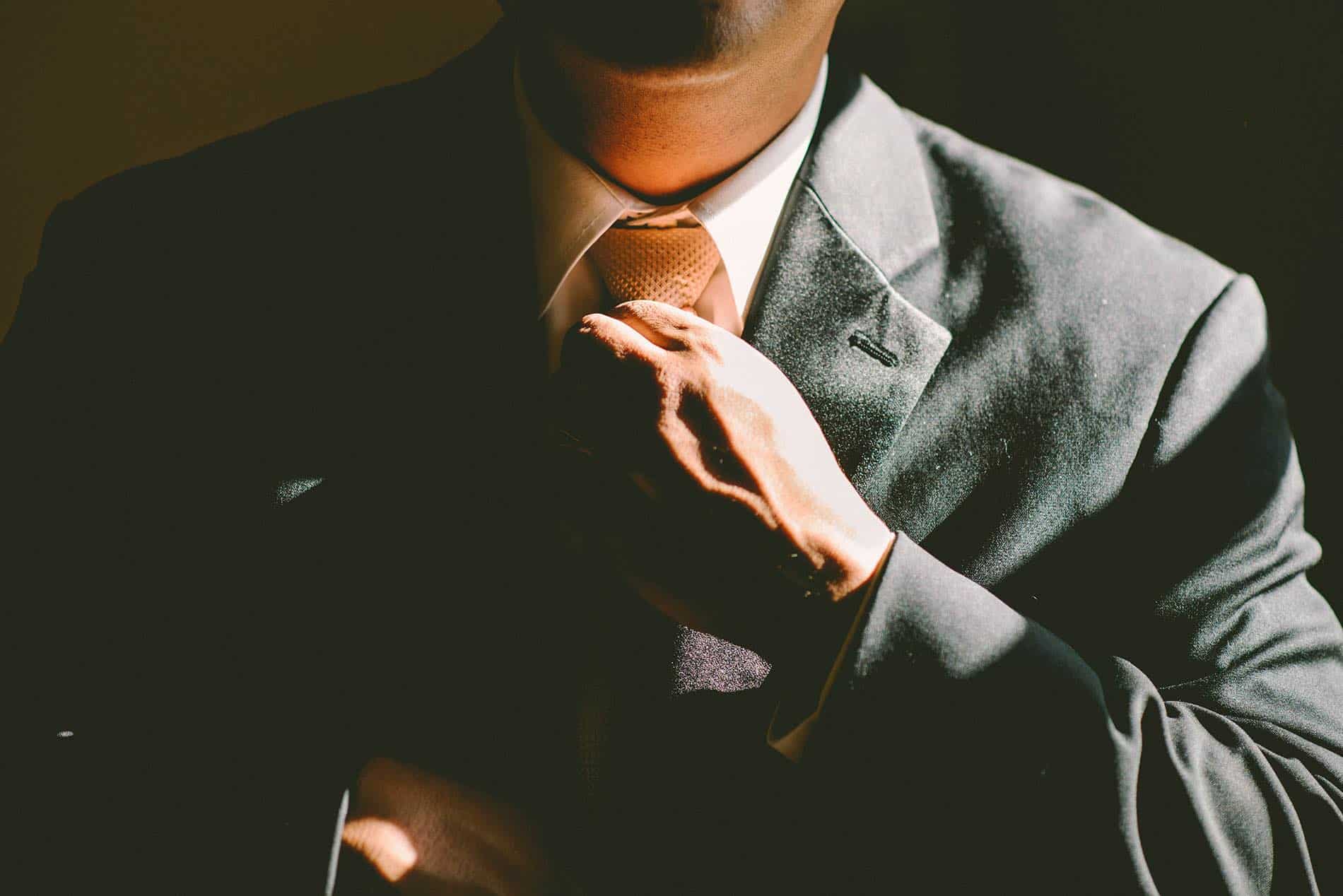Police Brutality
Have you or a loved one been the victim of police brutality or misconduct?
Who We Are
Learn more about Abramson & Denenberg P.C., and how we can help you
Landlord & Tenant
Are you a landlord or tenant who has questions about eviction or collections?
Protecting And Upholding The Rights Of Philadelphia Area Residents
All citizens have rights and any violation of those rights undermines and erodes the very democratic principles upon which our country was founded. Since 1961, the attorneys at Abramson & Denenberg, P.C., have devoted their legal practice to championing the rights of individuals, families and businesses throughout the Philadelphia area who have suffered injustices and are in need of strong legal representation.
Tireless Civil Rights Advocates
For more than 55 years, the attorneys at our firm have worked tirelessly to seek justice for individuals throughout the Philadelphia area who have suffered violations of their civil rights. We are known for our strong commitment to clients and to providing high-quality and personalized one-on-one legal service - qualities that set us apart from other law firms.
Unwavering Commitment To Clients
We understand that the physical, emotional and financial pains and losses suffered by our clients are often significant and require swift, decisive and aggressive legal action in response. To speak with a Philadelphia lawyer about your situation, call our firm at 215-398-7066. You can also reach out to us through our online contact form

No Fee Unless We Win!
We handle most cases on contingency. This means that there are no upfront costs and that you don't pay unless we are successful in helping you recover compensation.
Cases That We Handle
Police brutality and misconduct
Were your Fourth Amendment rights violated? Did you suffer physical injuries at the hands of the police? Were you or a loved one denied medical treatment while imprisoned?
Landlord and tenant rights
Are you a landlord who plans to evict a tenant? Are you a tenant who believes your rights were violated? Do you need help recovering an unpaid judgment against a tenant or landlord?
Liquor liability and dram shop
Were you a patron at a bar or nightclub who suffered injuries due to the actions of a bouncer or security guard? Were you injured in a fight or shooting that took place inside a bar or nightclub?




